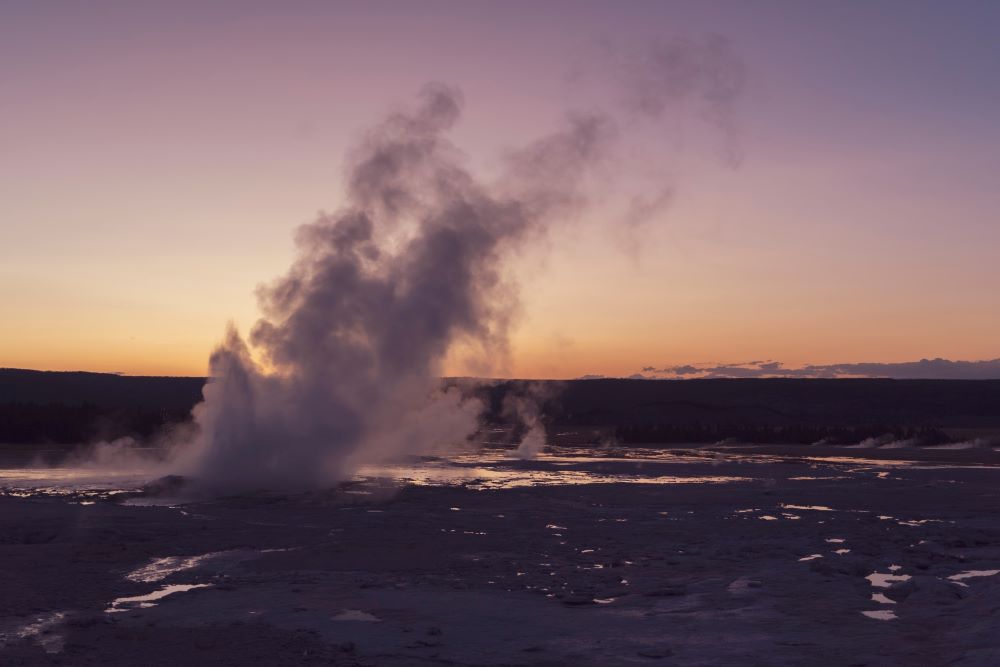
In this post for April’s theme on ‘Sustainability in the curriculum’, Rowan Jackson, Director of the Environmental Sustainability Masters programme, argues that fostering creativity and diversity in teaching styles and methods provides students with solid foundations for tackling complex sustainability issues…
On the Environmental Sustainability MSc programme, here in the School of GeoSciences, we have incorporated sustainability into the curriculum since the late 1990’s. This was one of the first MSc programmes in the UK to offer a broad, interdisciplinary focus on sustainability and environment—and it has remained popular ever since. In the second semester, we run a course called Case Studies in Sustainable Development, which, as the title suggests, covers a range of examples of sustainable development in practice. Throughout the term, guest lecturers have introduced students to a series of issues in sustainable development across Scotland and the wider world. Guest lectures covered pro-environmental behaviours in the UK, public perceptions of Genetically Modified Organisms (GMOs) in the UK and USA, sustainable agriculture in India, and Disaster Risk Reduction in the Pacific Islands, to give a few examples. The range of case studies covered in the course encourages students to select topics that interest them, whilst refining skills in synthesis and written communication through succinct policy briefs.
The course aims to provide multiple avenues for student engagement with sustainability in the classroom, in the field and across the university. In the first five weeks, students focused on designing succinct policy briefs in the classroom. In week 7, students had the opportunity to experience everyday sustainability through a field excursion together with academics and practitioners specialised in Sustainable Urban Drainage Systems (SUDS). Whilst most of the field excursion was spent staring at paving in a Tesco carpark in Dunfermline, this was also an opportunity to learn how wastewater is collected and impurities removed in everyday environments (i.e., housing estates and retail parks). Students walked along the drainage system, using information from expert practitioners to identify how the system connects and how it is integrated within different urban environments. In the weeks that followed, students commented on the value of field-based learning and the diversity of knowledge brought by invited speakers.
But the greatest value reported by students on the course has come from the opportunity they have had to actively engage in sustainability projects at the University of Edinburgh. Over the 12-13 weeks that comprise Semester 2, students have worked with the Department for Social Responsibility and Sustainability (SRS) to address sustainability challenges across the university. Topics have included calculating and reducing carbon footprints in different departments, waste reduction and recycling across different campuses, and increasing student (and staff) engagement with the Sustainable Development Goals (SDGs). Students were set initial project briefs and encouraged to design projects with clear recommendations that could be adopted throughout the university. At the end of Semester 2, each group presented project findings to the rest of class, SRS and academic staff from the School of GeoSciences. All of the groups demonstrated a significant creativity in the design of their projects, data collection, and delivering impactful recommendations to SRS.
The important take-home message from working with students across a range of learning and teaching styles this semester has been the value that students see in participation and impact. Participating in activities, whether in discussion with guest lecturers or on field excursions, provides a more stimulating environment for learning and developing and applying skills. And impact in the real world, as a part of the learning experience, provides students with something not only tangible, but also a space for creativity and a canvass upon which to demonstrate the application of their collective skill-sets. I hope my students are proud of what they have achieved this semester and have the confidence to take what they have learned into the workplace and further study.
To know more about what students in the School of GeoSciences are doing, have a look at the school’s student-run blog.


